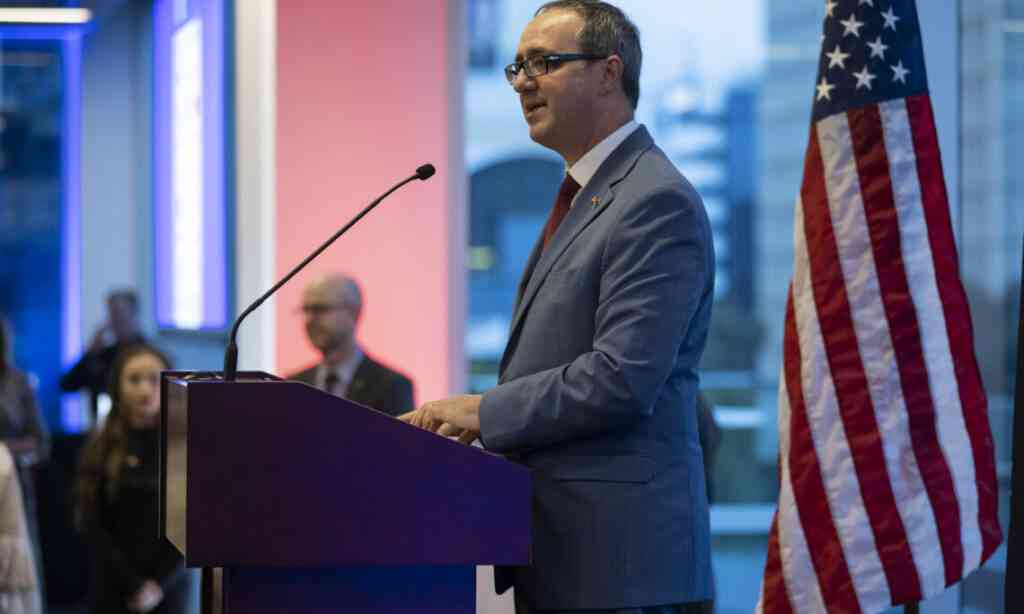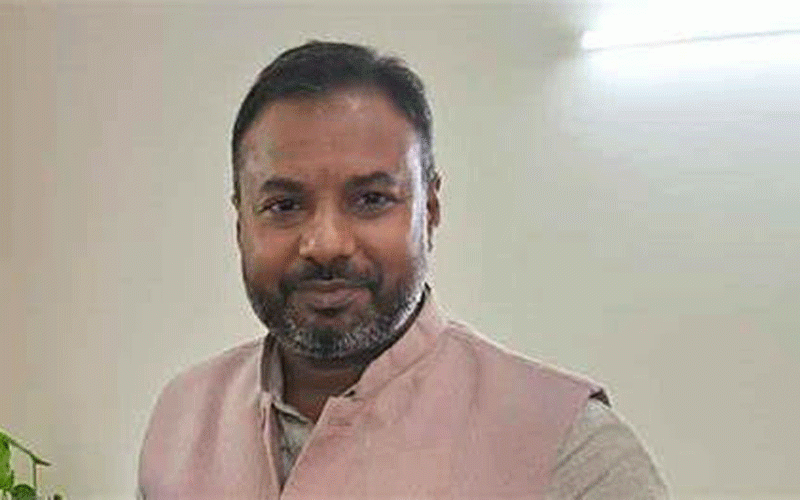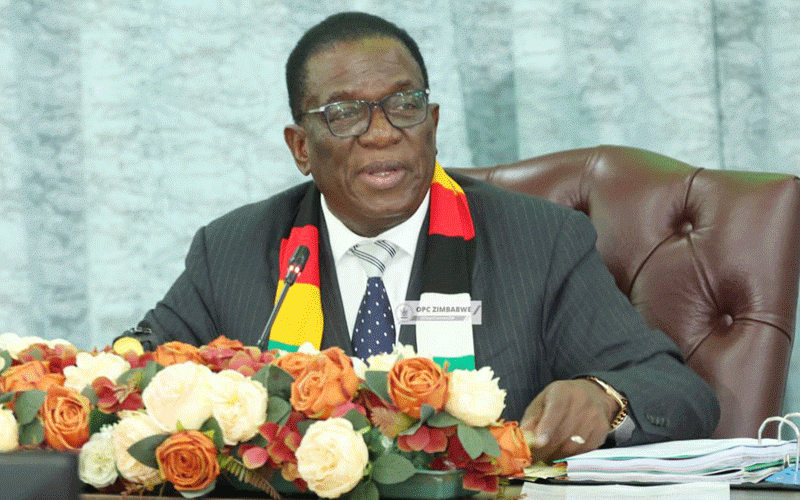
WHEN the United States announced last week that it was shifting its sanctions framework against Zimbabwe, the news was received with mixed reactions.
So diverse were the interpretations that even in President Emmerson Mnangagwa’s government, officials read Washington’s new trajectory differently. There was palpable disillusionment even after the US said under the Global Magnitsky programme, only 11 individuals including Mnangagwa and three entities were now designated.
Mnangagwa’s spin doctors were at sixes and sevens, as they grappled to understand the scope and impact of the Global Magnitsky framework.
Nick Mangwana, permanent secretary in the Ministry of Information, posted soon after the announcement on microblogging site X celebrating the suspension of the executive orders as a “great vindication” of Mnangagwa’s re-engagement drive. But soon after Mangwana had celebrated, the government issued an official statement castigating the US for further tightening sanctions against Zimbabwe’s political leadership.
“Zimbabwe has been under United States of America's formal illegal sanctions since 2001 when the so-called Zimbabwe Democracy and Economic Recovery Act, Zidera, was promulgated by America as part of a raft of reprisals for Zimbabwe's legal land reform programme, and as an open and frontal challenge to Zimbabwe's sovereignty as a fully-fledged independent African nation under the United Nations Charter,” the government said.
“The announcement…on 4th March, 2024, by the US President Joseph R. Biden, purporting to rescind all illegal executive orders passed by his predecessors since March 6, 2003, some 21 years later after these debilitating sanctions against our nation, can never atone for, let alone write off, heinous crimes committed against Zimbabwe and her people through these illegal, blanket country sanctions.”
After government’s announcement, Mangwana pulled down his posts on X. During a press briefing last week, David Gainer, acting deputy assistant secretary of State Bureau of African Affairs, and Brad Brooks-Rubin, senior advisor to the Office of Sanctions Coordination, the US officials said changes over time had necessitated the shift.
“The President has determined that the Global Magnitsky programme is better suited to address our current concerns with Zimbabwe,” Gainer said.
- NoViolet Bulawayo’s new novel is an instant Zimbabwean classic
- Jah Prayzah, Zanu PF rekindles ‘lost love’
- Bank workers appeal to Ncube for tax relief
- Indosakusa marks 21-year anniversary milestone
Keep Reading
“We will note that the Zimbabwe sanctions programme was created in 2003, so well over 20 years ago GloMag, or Global Magnitsky, did not exist at the time.
“We believe that these are better tools, and they are global tools; they are tools that we have used in dozens of countries throughout the world, from Europe to Asia to Africa to Latin America, even amongst treaty allies of ours.
“We believe that this more recent global programme allows us to target Zimbabwean actors using the same tools that are used for the world’s worst human rights abusers and corrupt actors,” he added.
The Global Magnitsky programme, which replaced the two-decade-long executive orders sanctions, was implemented by the US government against Mnangagwa and members of his inner circle over accusations of fuelling corruption.
Mnangagwa and members of his inner cabal are also accused by the US of facilitating illicit gold dealings. At 81, Mnangagwa became the first head of State to be sanctioned under the Global Magnitsky framework. Gainer added that they regularly review and assess the targets of their sanctions programme.
“These actions modernise, refocus our sanctions. We continually look at our sanctions programme and evaluate the targets, listing and delisting individuals and entities,” he said.
“But we believe that this modernises and refocuses our sanctions on those actively harming the citizens of Zimbabwe, ensuring our sanctions are targeted against the key individuals including members of the Government of Zimbabwe that bear responsibility for human rights abuses and corruption in Zimbabwe,” Gainer added.
It is estimated that the southern African country, which is battling an intractable economic crisis, has lost bilateral donor funding and loans running into billions of dollars as a result of the sanctions. Zimbabwe has thereby reversed the substantial advancements it had made in the areas of infrastructure, health, education, and social service delivery. Gainer, however, echoed that economic problems facing Zimbabwe are not the result of US sanctions.
“Zimbabwe’s economic woes are not caused by US sanctions. What US sanctions have done over the past 20 years is target individuals and limit their access to US financial institutions and restrict their travel,” he said.
“The economic woes that have faced Zimbabwe over the past 20 years are because of the gross mismanagement by the Zimbabwean Government of their economy, human rights abuses on its own people, as well as corrupt practices for the past 20 years.
“So, we believe that is why Zimbabwe’s economy is performing as it is.
“As I have said, the change of sanctions tools does represent an opportunity for businesses and financial institutions to re-evaluate their de-risking models and re-examine the Zimbabwean market, but we definitely believe that it is the corruption and the mismanagement that keeps businesses away from Zimbabwe,” Gainer said.











